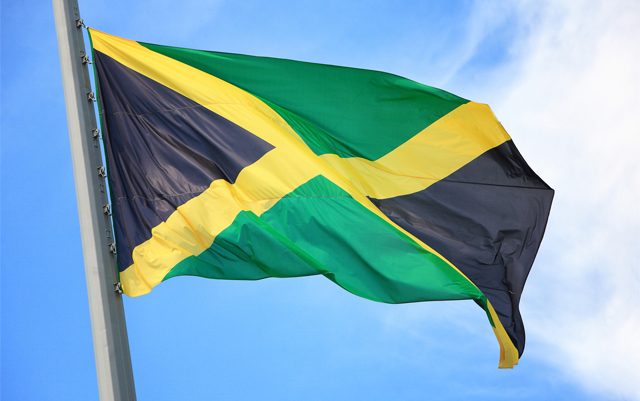When those in the cannabis community hear the word “Jamaica,” a few things come to mind, but they all involve the ganja. When you think about people like Bob Marley, Peter Tosh and even Usain Bolt, marijuana comes to mind.
But for a long time the authorities in Jamaica wanted nothing to do with the sacred herb. They didn’t like being known as the island of ganja and, with the backing of the United States, they did all they could to rid the island of cannabis growers.
But times are changing, as people in the U.S. well know. With legalization for all adults happening in various states and less pressure from the U.S. overall, some see this as the perfect opportunity to finally accept one of the major reasons that Jamaica is famous.
Having already decriminalized small amounts of marijuana and approved the use of medical marijuana, Jamaica is looking to cash in on possible cannabis tourism and more. Last month various government leaders, representatives of the Rastafarian faith and other professionals gathered in Montego Bay, Jamaica for the CanEx Jamaica Conference to discuss the future of cannabis in the tiny island nation whose economy is struggling mightily.
“We are talking about a plant that bridges the gap between all of our relationships,” said Rastafarian leader First Man during his speech to open the conference. “Our planet needs this relationship to happen.”
While some see the amazing economic opportunity cannabis represents, others worry about the commercialization of a plant that many in Jamaica see as a religious sacrament. It will likely be a delicate balancing act going forward, but just about everyone agrees on one thing: the prohibition of cannabis hasn’t benefitted Jamaica at all.
And there is a long way to go in figuring out how that prohibition will be dismantled. There will probably be a tendency by the Jamaican government to make a rule and regulation for every conceivable instance and event when what they should be worried about is allowing jobs to be created and leaving people the freedom to make decisions that are in their best interest.
Change can be scary, but oftentimes it must be embraced. This is especially true in a poor country like Jamaica. Being a country already associated with cannabis in the minds of many, now is the time for authorities in Jamaica to take advantage of that and begin to create a better life for their citizens.






